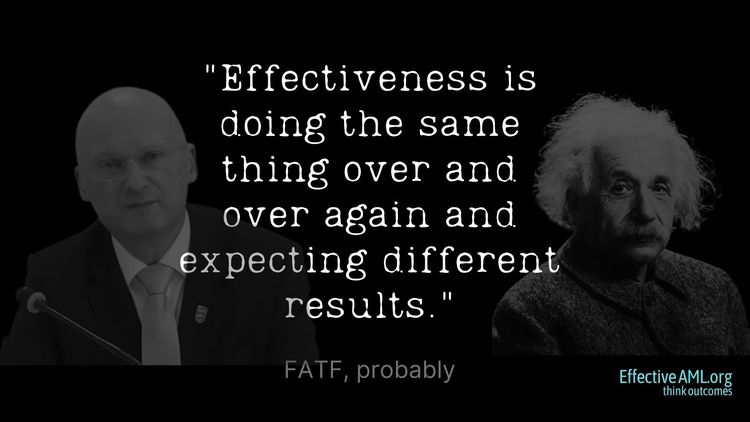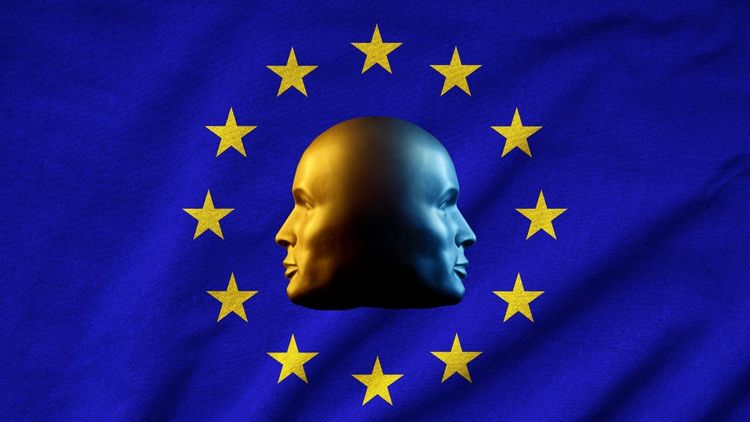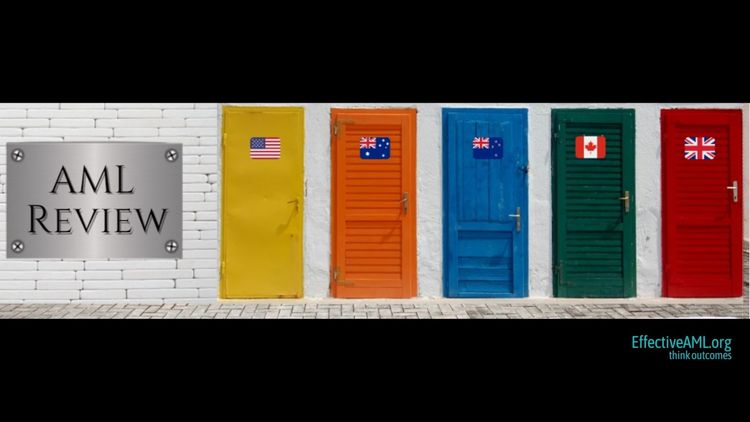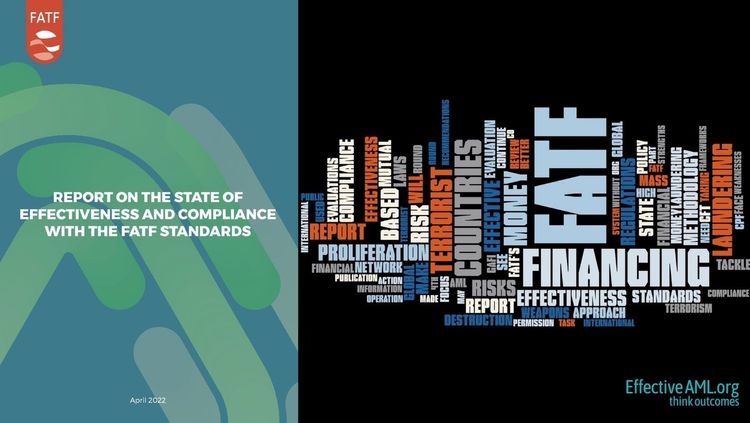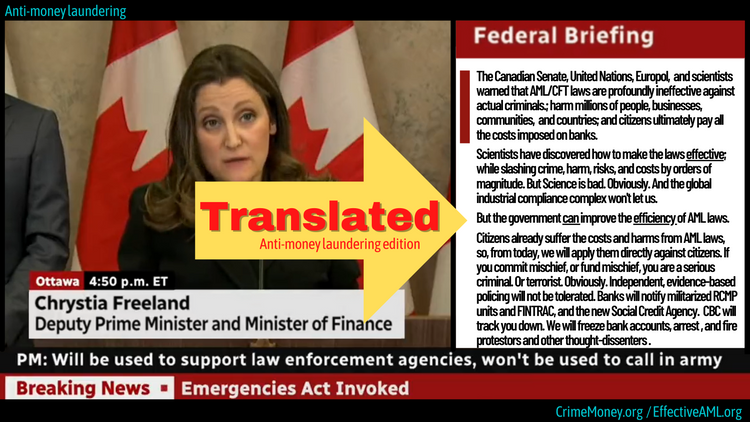AML law making: Evidence-based or driven by theory, belief, and assumption?
Are these examples from your country, or might they reflect your next AML extension?

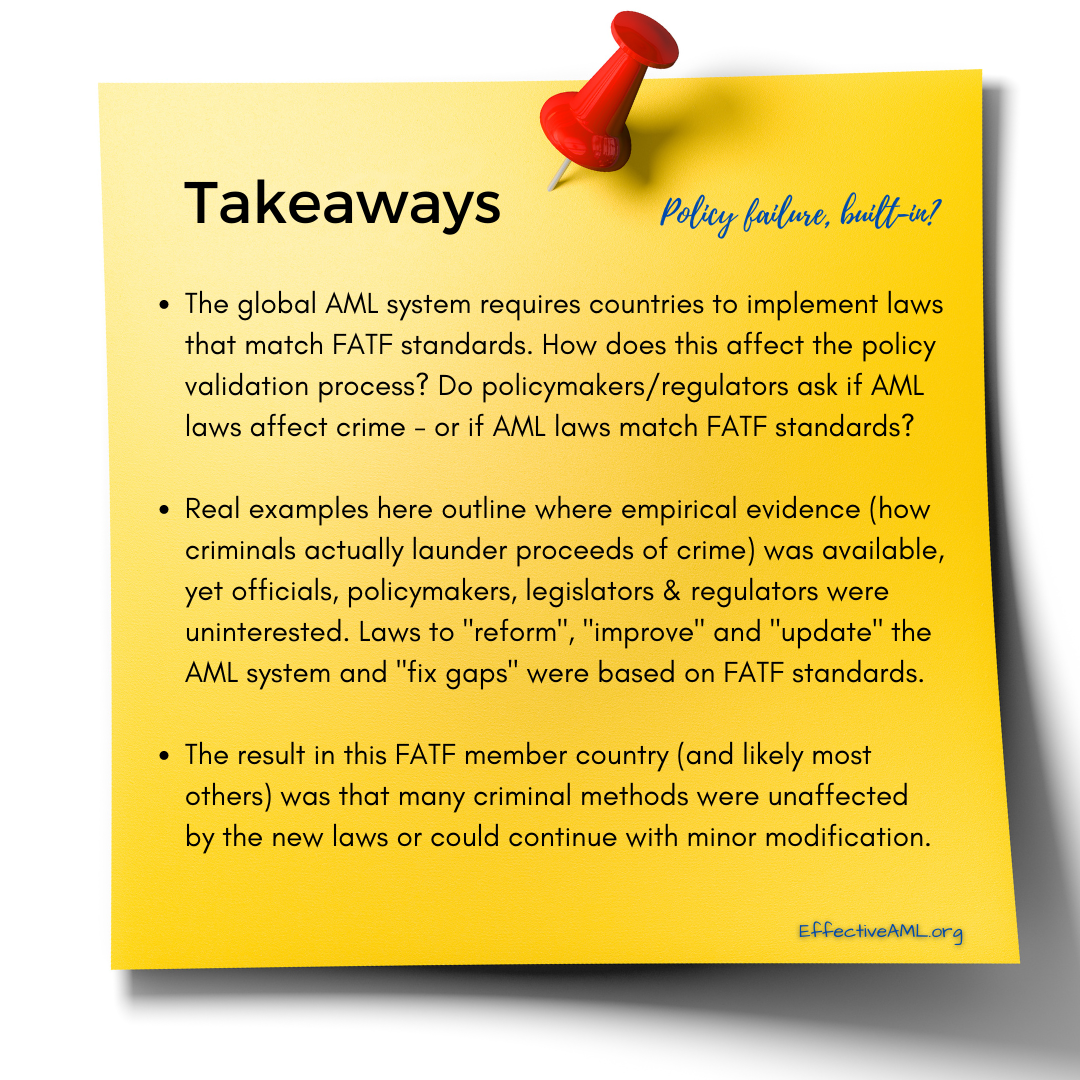
Real examples – how senior officials and legislators treat empirical evidence and theory – offer worrying reminders how anti-money laundering and anti-terror financing law-making sidesteps usual legislative checks and balances, while appearing not to, with unintended consequences enabling criminal activity and some violent extremism to continue.
Are these examples from your country, or did something similar happen in yours? What should you look out for to avoid a repeat in the next round of demands for more regulations to “fix gaps”, “plug loopholes”, and implement the next round of heavily touted “solutions”?

